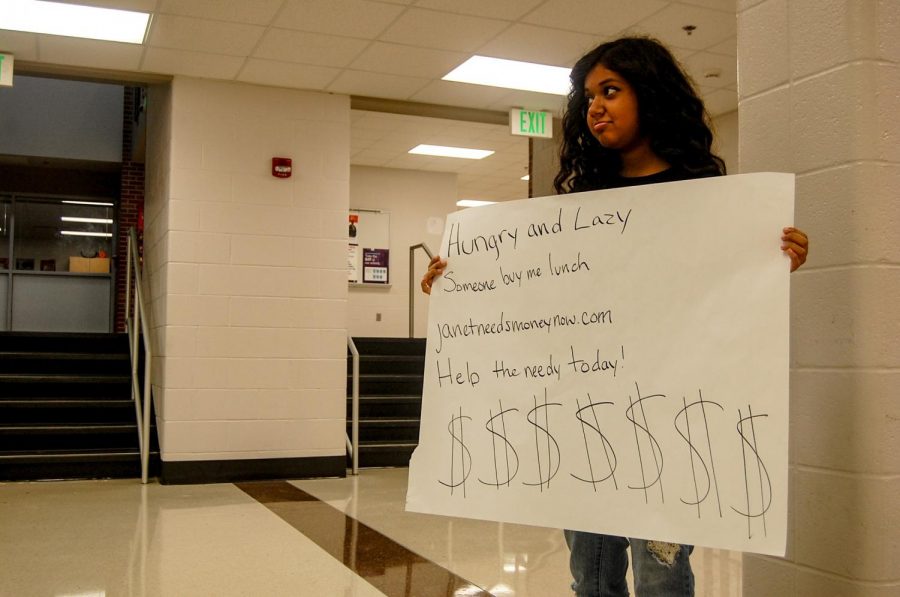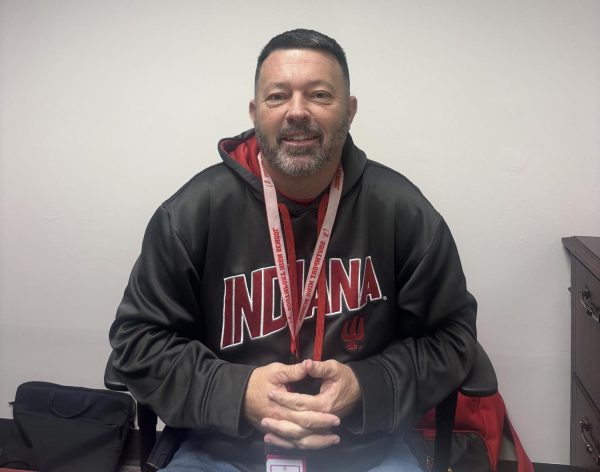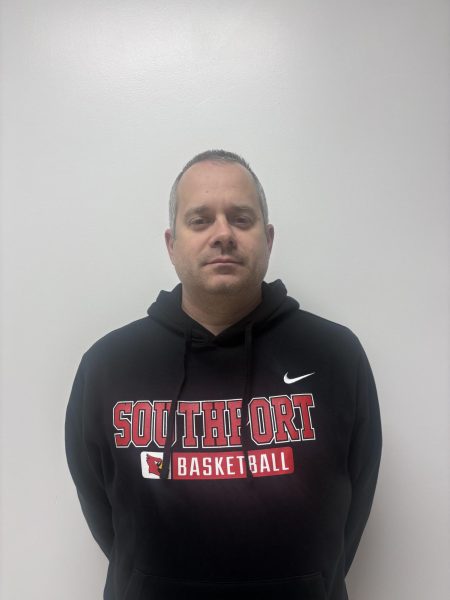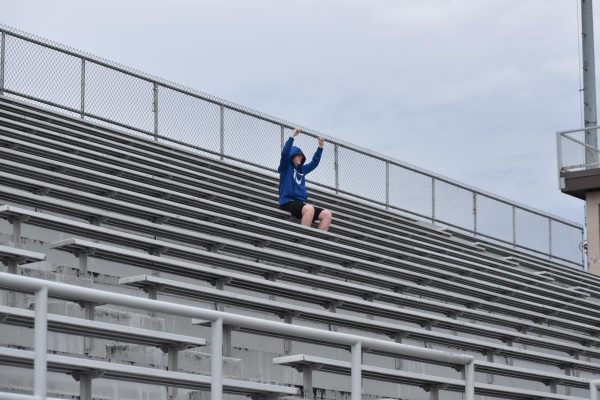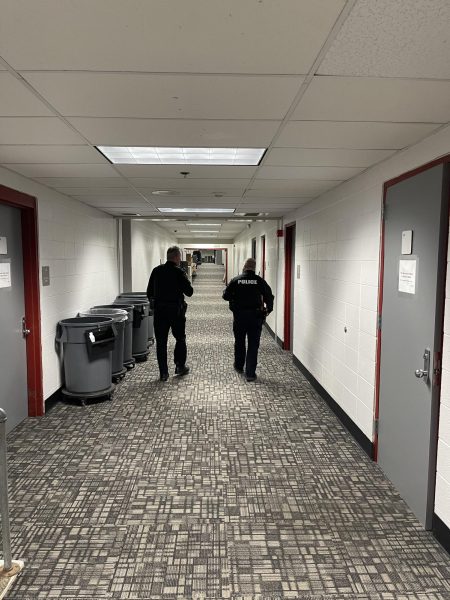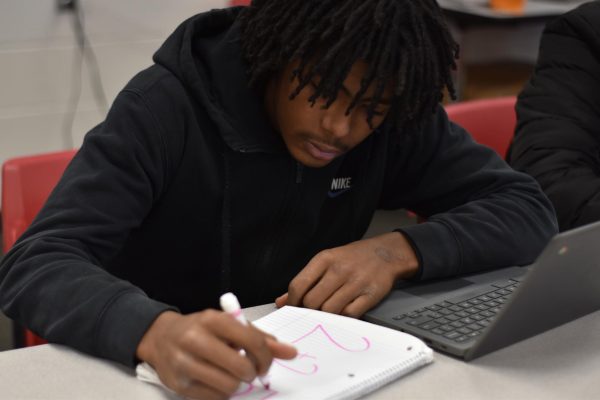Student uses mobile payment to her advantage
Sophomore Janet Rockefeller stands outside of the cafeteria collecting donations.
Sophomore Janet Rockefeller stood outside the cafeteria during first lunch on Nov. 6 holding a sign that reads, “hungry and lazy, someone buy me lunch.” Beneath the words Rockefeller included a link to her website, janetneedsmoneynow.com. Now, Janet has over $375 in donations to her lunch for the rest of the week.
“My dad stopped giving me my $500 allowance every week because I stopped doing chores,” Rockefeller said. “So now, to pay for my daily lunch at Outback, I have to ask for donations.”
Rockefeller isn’t alone in asking for money donations at SHS. Students can be seen roaming the halls with signs like hers asking for others to donate money so they don’t have to work.
History teacher Linda Gates says she supports students that know their worth and aren’t willing to do the hard work it takes to earn money, especially if it’s unnecessary.
“I don’t think the students like Janet should exhaust themselves with menial labor when they could be devoting their time to better tasks, such as deciding which Ivy League school they want to go to, which of course only lucky wealthy people get to attend,” Gates said.
With the popularity of mobile payment services like Venmo and Paypal on the rise, teens look towards them in lieu of traditional jobs. Some students don’t think teenagers should have the option to pursue these avenues for money. Senior Gordon Fowler believes everyone should work hard to earn their way in the world.
“I just don’t think it’s fair that my classmates get to ask shamelessly for money while the rest of us work more than 30 hours a week just to pay for gas and other necessities,” Fowler said.
There’s no rule at SHS preventing students from asking for money but it’s advised by the administration that students not ask for money so blatantly, as it could offend someone who disagrees with the action. Mobile payment services hold unlimited possibilities, both positive and negative so the jury is still out as to whether they will be beneficial to society or not.
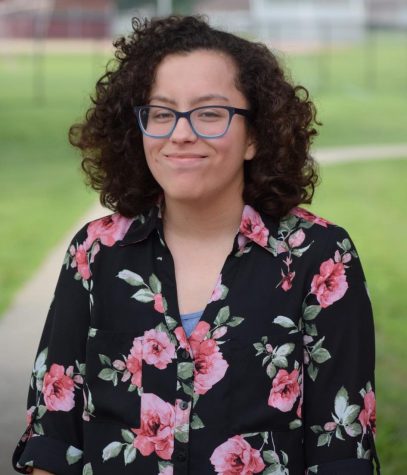
Hello, my name’s Nina Gojko, I’m the staff artist for the Journal this year. I’m a senior, and it’s my first year on staff. In my free time, I...


